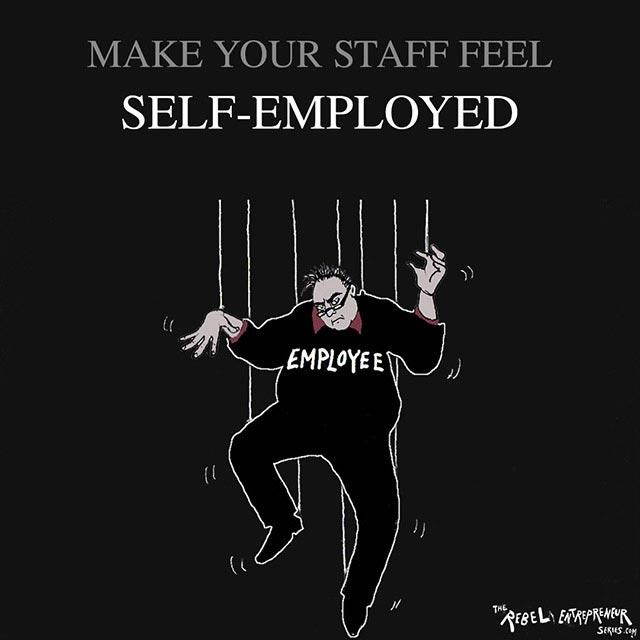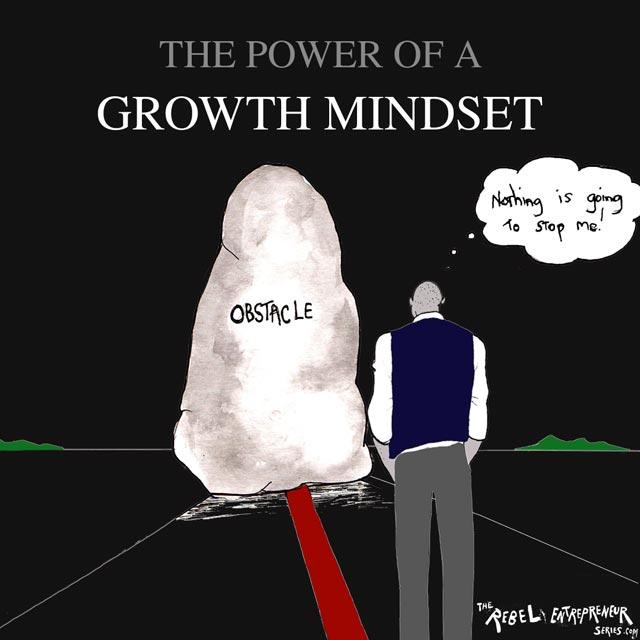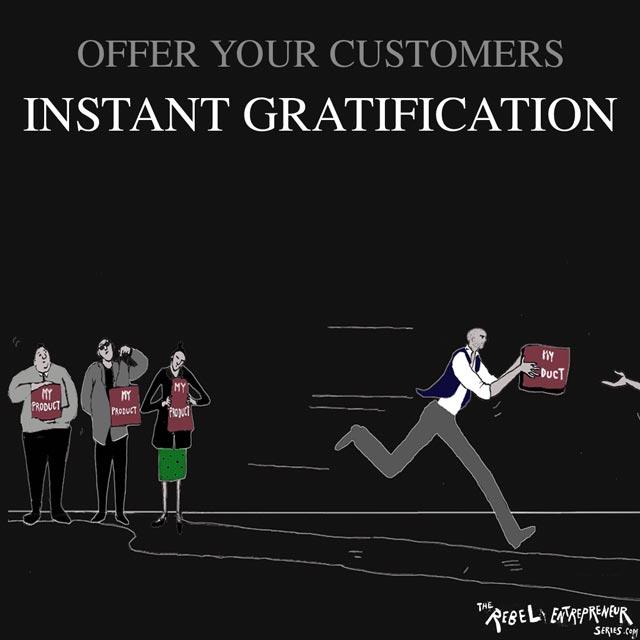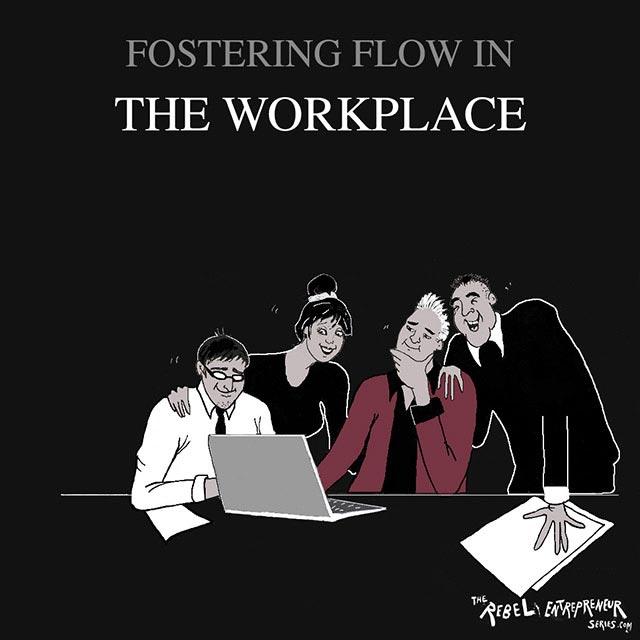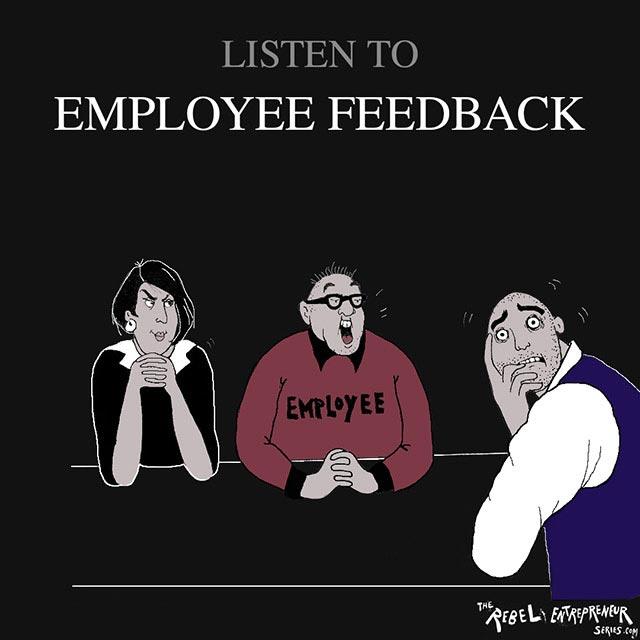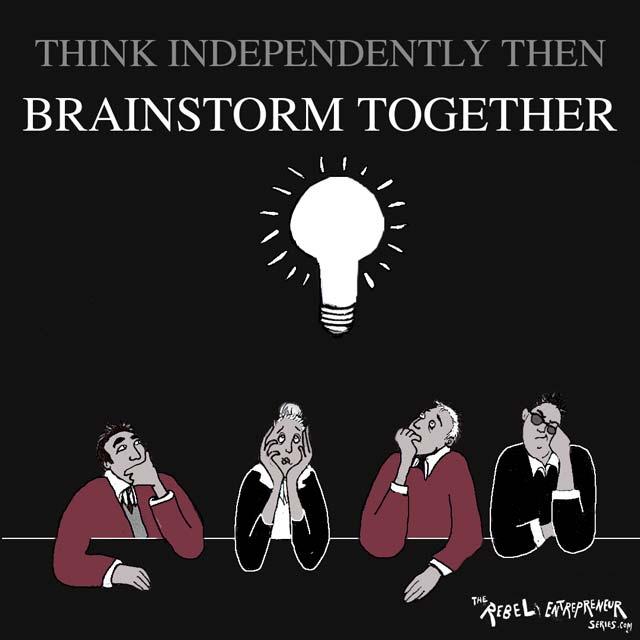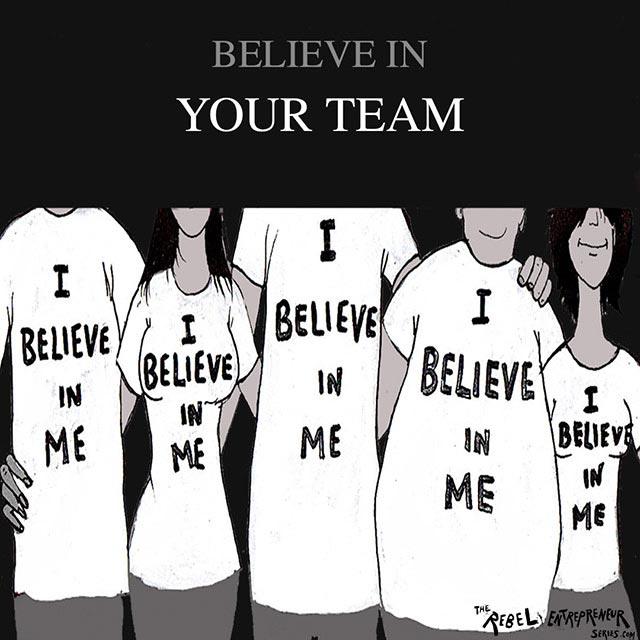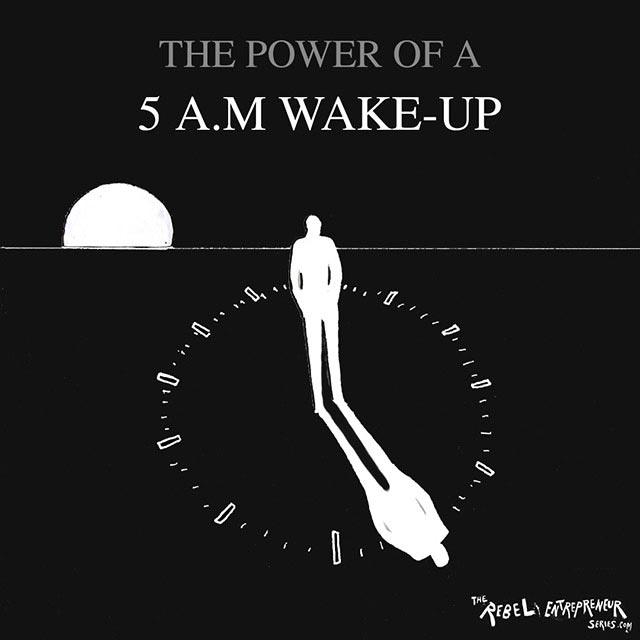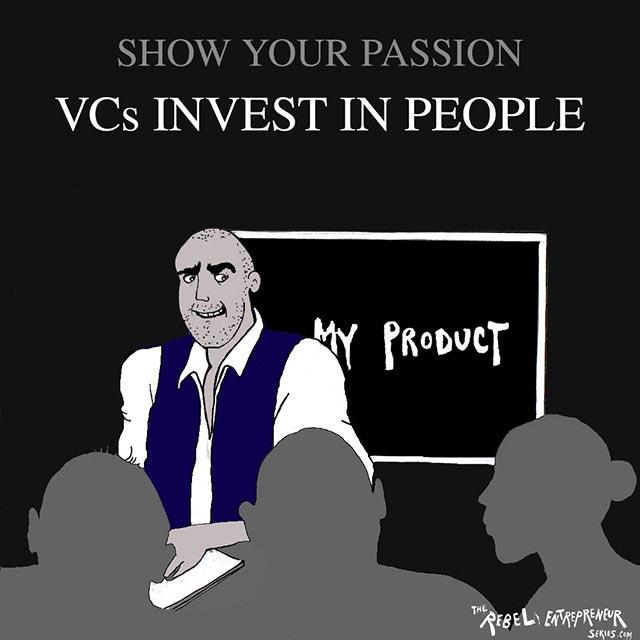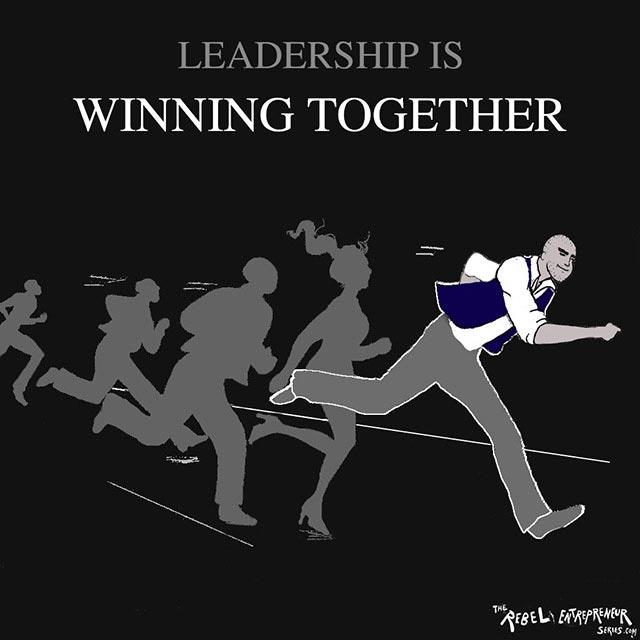Article 098: Don't micromanage. Empower your team
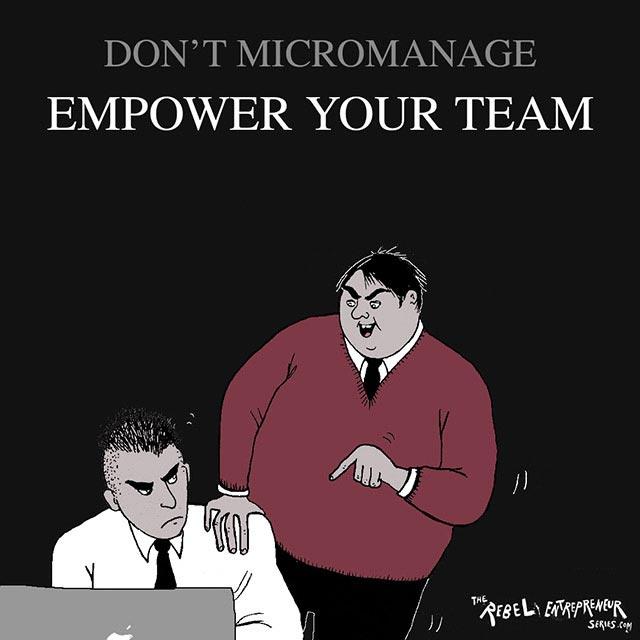
In a feature with NPR, Majorn Bell talks about her time with a boss who micromanaged the company. Bell had to email her before she left for lunch and as soon as she returned. If team members appeared idle on the in-house messaging system for more than ten minutes, the boss would investigate and chastise them. There was also a monthly ‘accountability initiative’ of $500 for employees who would report their colleagues for coming in late or leaving five minutes early. Office morale and productivity was low. Bell quit after a few months.
Bell’s situation was not an anomaly. Micromanagement is rife among workplaces around the world, with employees citing poor management as the number one reason for leaving their jobs. Moreover, micromanagement has been proven to be an ineffective approach to leadership. The practice leaves employees feeling unhappy while productivity is depleted. Micromanagement costs corporations employees and fosters a culture of helplessness and dependence in the ones that stay.
Great management is not about breathing down the necks of employees, or obsessively controlling team members in tasks. The opposite approach – one that invites employees to see the bigger picture while encouraging them to fill in the blanks independently – has a much greater impact on productivity. Google champions this method. In 2008, they launched their research into management skills, known as Project Oxygen. They found that the best results were achieved when managers gave freedom and flexibility to their team members, encouraging them to feel empowered and autonomous as they completed tasks within their own parameters.
Rebel entrepreneurs share their vision for their company, product or service with their employees. They paint a vivid picture of where they want the company to be in three or six months down the line. Then, they invite their employees to work towards what has now become a shared goal. Unlike micromanagers, rebel entrepreneurs foster passion in the workplace. They get their employees excited about the business. They encourage autonomy and allow their team-members to feel self-employed.
PLEASE LIKE HERE
